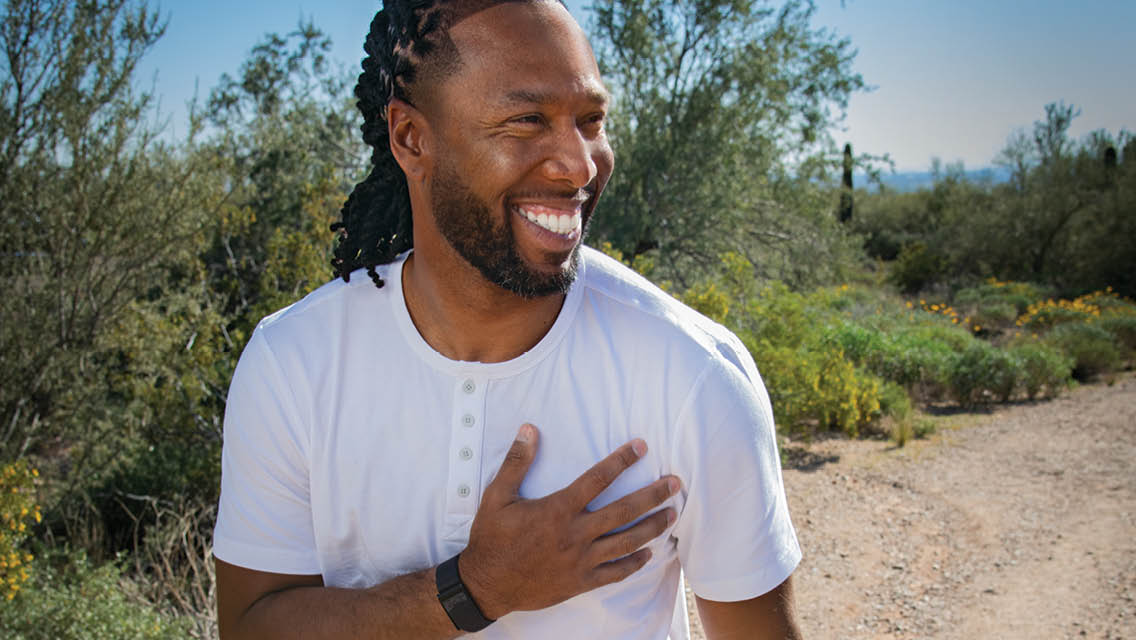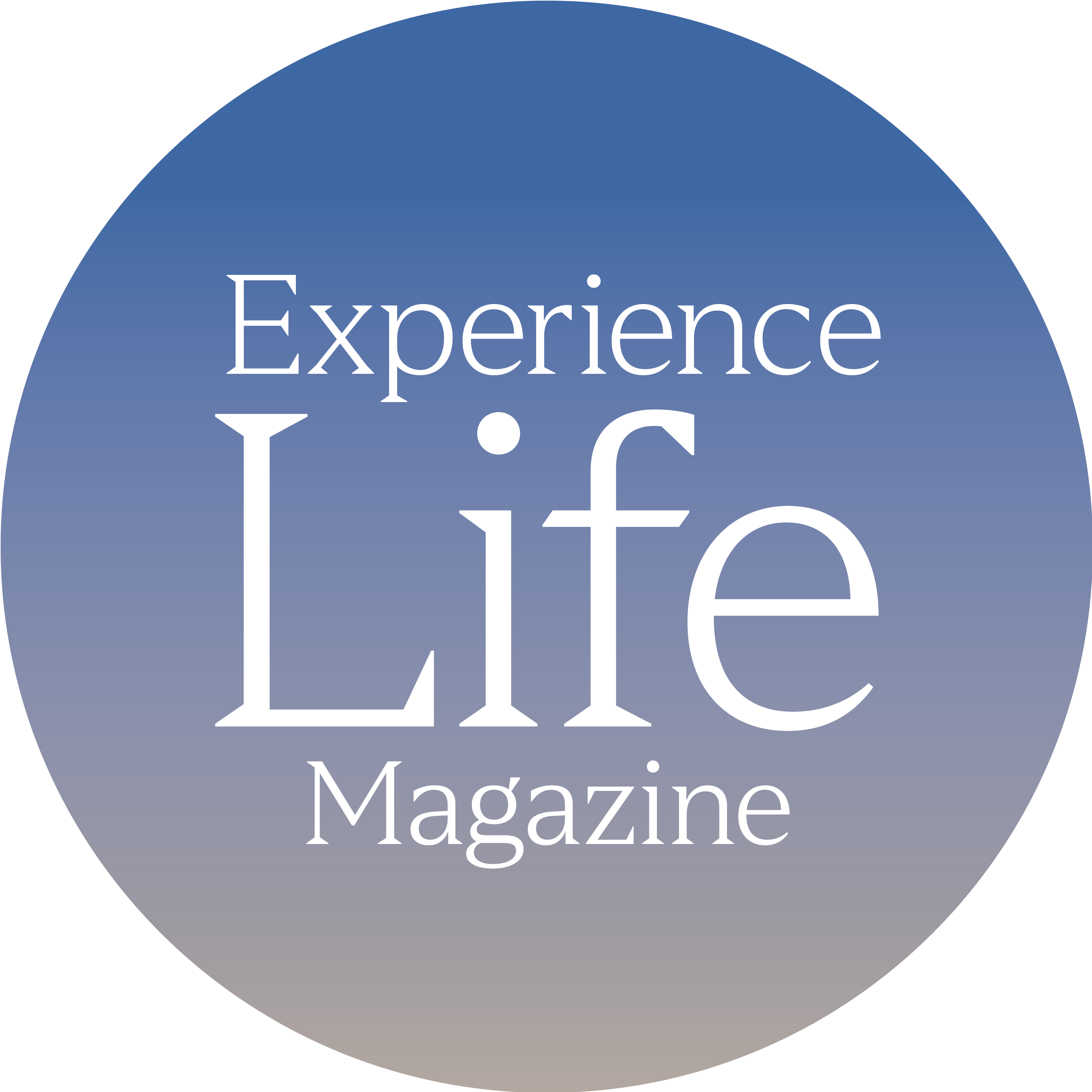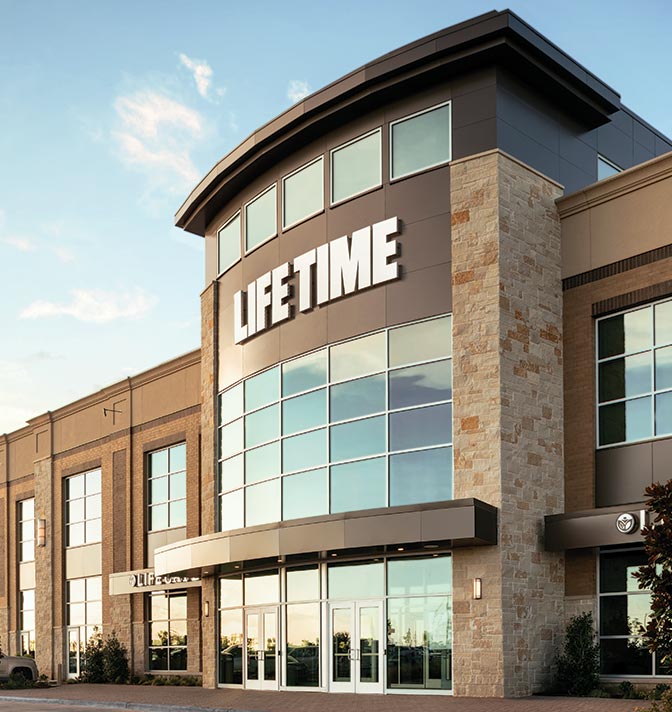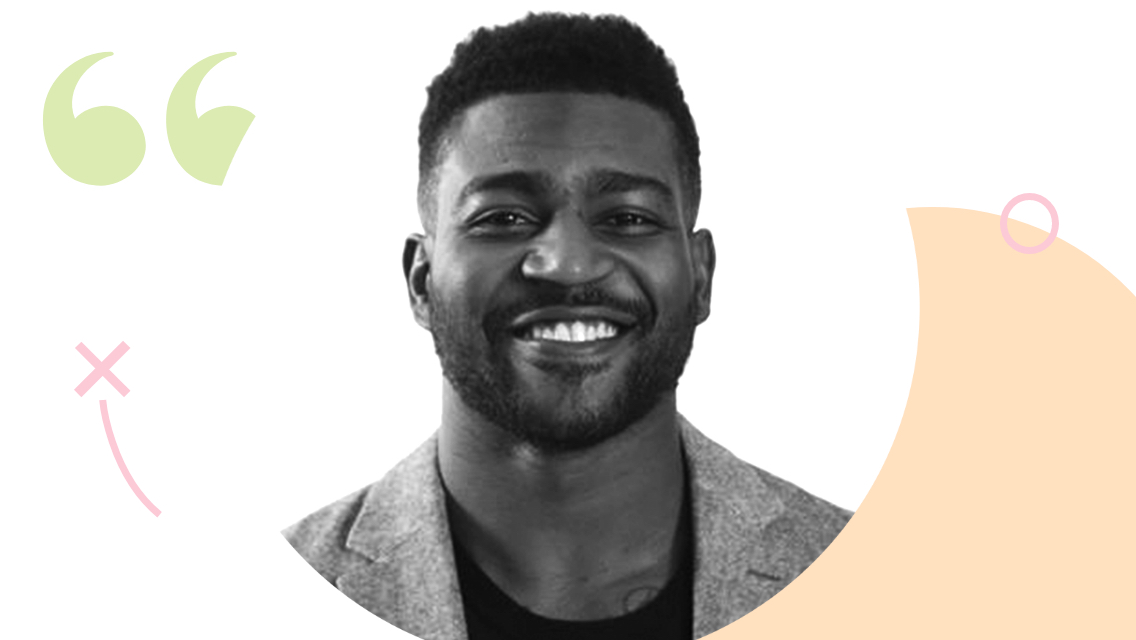When former NFL wide receiver Larry Fitzgerald stepped away from football after the 2020 season, he had no qualms about what was next. He had been mapping it out for years.
Throughout his 17 seasons with the Arizona Cardinals — during which he set many NFL and franchise records — Fitzgerald found time to launch a charitable foundation, invest in more than 40 companies, explore 108 countries, start his own travel company, and indulge his passion for golf and photography.
The only thing the 11-time Pro Bowler really worries about is becoming one-dimensional. “There’s a shelf life to being an athlete,” he admits. “It’s very easy to get consumed by being great at your own profession. But if I’m looking to get into marketing, for instance, and all I can write down for my experience is that I’m really fast, I can jump really high, I’m really quick laterally, and I can catch oblong pigskin balls at high velocities . . . all those things are fabulous, but they’re not going to help the marketing department.”
Cultivating a well-rounded approach to life is something Fitzgerald has focused on for years — and advocates for when he visits schools. “When I ask kids what they want to do, about 90 percent of them say, ‘I want to be an athlete’ or ‘I want to be an entertainer,’ especially in schools in predominantly African American or Latino communities,” he notes.
There are real struggles out there, so I always try to make sure I am keeping everything in perspective, and that always helps.
“If kids aspire to be a professional athlete that is a goal worth striving for. However, I want them to know it’s OK to pursue one goal while having others in mind so as not to be singularly focused on one pursuit. It’s important for kids to play sports, get good grades, and pursue other extracurricular activities to be an overall well-rounded individual.”
Although Fitzgerald is considered one of the best receivers in NFL history — second only to Jerry Rice in career receiving yards — he has always remained humble. In fact, in 2011, at the height of his football career, he completed an internship with investment bank J.P. Morgan. “I’ve never been a stranger to starting at the ground level,” he said last year. “I enjoy the journey.”
Most future Hall of Famers might scoff at the idea of working as an intern, but Fitzgerald believes humility and hard work are key to lifelong learning.
“I really respect and admire people who are able to have long-term success,” he has said. “People often talk about Warren Buffett and how he’s slow-grinded for 60, 70 years — nothing special, no cockamamie schemes, just consistency every single year. There’s something to be valued and respected about people who just methodically go about their business.”
We talked to Fitzgerald about philanthropy, the importance of mindset, his values and beliefs, and some of his most meaningful accomplishments.
Q&A With Larry Fitzgerald
Experience Life | Who taught you about mental resilience?
Larry Fitzgerald | My parents always set a great example for my brother and me. My dad is a sports journalist and my mom was on the not-for-profit side. I would be on the Vikings sideline as a ball boy on Sunday, and then on Monday, my mom would be hosting a charity event for cancer or HIV/AIDS. We saw completely different ends of the spectrum, and it gave us great perspective.
EL | Why did you make a conscious decision to step away from football?
LF | As you get older in your career, you start looking at the landscape and figuring out what you want to do next — what your five- or 10-year plan is going to be. So, I was getting prepared for the season, and I was like, Man, I’m just not really feeling it at this point.
You never know in sports when the game will decide to be done with you, so I worked really hard to prepare myself for the next phase. There was no question in my mind that I was ready — mentally, physically, psychologically — to move on.
EL | You’ve said that philanthropic work matters most to you. Why?
LF | Years from now, people won’t remember that I caught 100 touchdowns or caught a couple thousand yards of receiving. But the young people that I’m able to positively influence with the things that we do with the Larry Fitzgerald Foundation, they’ll remember that — because I do.
I remember being in Children’s Minnesota hospital in Minneapolis — I had a little procedure done — and [NBA star] Kevin Garnett came in to visit patients. He saw me in the hospital, and he showed me love. I mean, Kevin Garnett didn’t know me from Adam. I was down, and he built my confidence up.
Is that the reason I became a professional athlete — who’s to say? But he chose to be there on his off day, and it meant a lot to me. It’s so much bigger when you do things off the field in your community.
EL | Can you talk about how your mindset influenced your career?
LF | Mindset is probably my greatest attribute. Anytime I went through something adverse, I could always look back and think about things that are actually really tough.
There are people all across our globe who haven’t eaten a meal today, and many of us can go to our refrigerator, and find 10, 12, 13, 14, 15 different options of what we want to eat.
There are real struggles out there, so I always try to make sure I am keeping everything in perspective, and that always helps.
EL | When you think about the core values and beliefs that have guided you, what would they be?
LF | Growing up, we always talked as a family about the faith, focus, finish. Faith is your foundation. You always have to be focused on the objective — you know, whatever it is that you are into or doing at the time. And if you started or committed to something, you have to see it through to the finish.
This is something I do with my kids now, and it sets a good tone.
EL | What do you do to relax?
LF | My favorite thing to do is play golf. I play pickleball two or three days a week. I really enjoy anything that’s a workout.
EL | You’ve visited more than 100 countries. What about travel is meaningful to you?
LF | Travel is one of the things you spend money on that actually makes you rich. I’ve been to about 110 countries, and the small, intricate details that I’ve been able to learn by traveling have really enriched my life.
I don’t have enough time to talk through some of the life-altering experiences that I’ve had, including going through Vietnam and staying in remote villages, sleeping on the floors of people’s homes, just listening to their experiences and how much they value their families.
EL | What book has influenced your life the most?
LF | Probably The Alchemist. I’m an optimistic person, and it’s the most optimistic book I’ve ever read. I’m a big fan of Paulo Coelho and what he teaches about being in touch with oneself.
EL | What is the stamp of impact you’re hoping to leave in 2022?
LF | I’m leaning in heavily with my foundation work. We’re doing some really cool projects with Microsoft to put technology labs in schools, and my goal is to be able to add 30 to 35 more schools in Arizona over the next year. If I can do that, that will be something I’m really proud of.
Go behind the scenes at our cover shoot with Fitzgerald as he talks about intentionality and life after football.






This Post Has 0 Comments